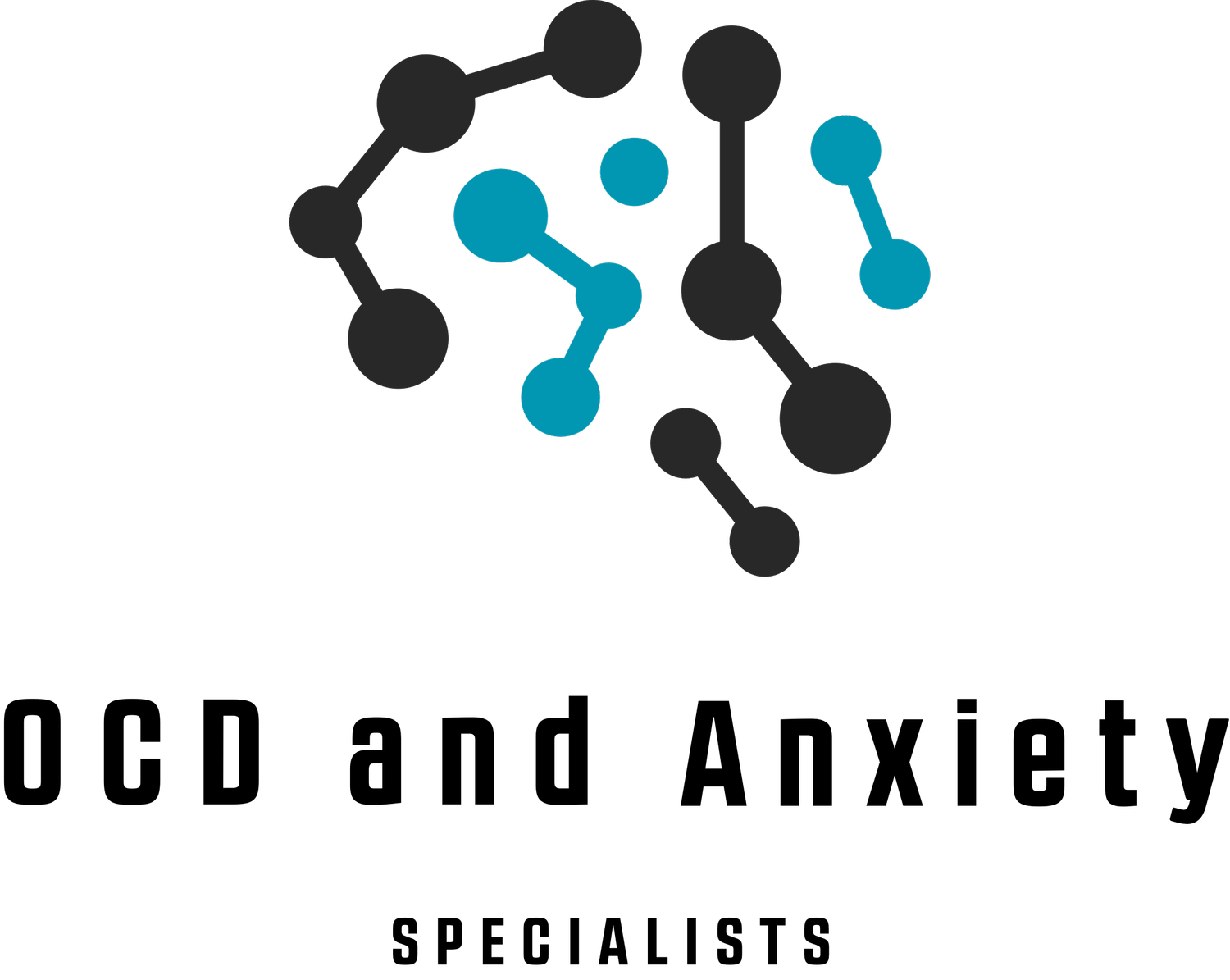OCD and Grief, Identity, and Education
OCD does not exist in a vacuum. Too often OCD treatment exclusively targets obsessions and compulsions. Severe and/or lengthy OCD can have a number of “side effects” on a person’s development that are important to address. In this article I discuss important the ancillary issues often generated by OCD that good treatment can target.Grief and acceptance of OCD:
Here’s a story about my relationship focused OCD (ROCD): For most of my adolescence and young adult life, I had a “I’ll be happy when…” mentality. I believed that all of my distress was because I wasn’t with the right romantic partner yet: that one day I’d find someone I would be sure is “the one” and would live happily ever after. Imagine how much pressure I had built up for my relationship to perfect my life! Even though I chose a wonderful person to marry, when I realized this choice wasn’t the fix to my anxiety I was counting on, I started to feel even more anxious! I was instead faced with the challenge of accepting that my anxiety was not because of my external circumstances, but rather was an indelible part of my brain. I had to come to terms with the fact that I would likely experience some form of anxiety for the rest of my life, regardless of the choices I made. After months of hard work and effort, I can gladly say that I’ve made great strides in accepting that my fantasy of a completely anxiety free life was never going to happen, and as a result I am more in control and able to enjoy my marriage.
As a part of the therapeutic journey with OCD, we need to grieve the loss of the fantasy that a) we can achieve certainty and b) once we do we will live happily ever after. Skillfully living with OCD means accepting that we have brains that will highlight the uncertainty around things and occasionally produce challenging emotions. However, once we are able to accept that the solution to improving our lives comes from relating to our minds in a healthier way rather than pursuing a perfect answer to our obsessive question, we can begin to invest in strategies that work much better.
OCD and Identity:
When folks learn to stop obsessing and compulsing, they often free up enormous amounts of time and energy. Clients may either be unsure of how they’d like to devote these newly free resources, or have a long history of avoiding certain choices that are important to them, such as dating or applying to a certain job. OCD can gaslight us into thinking that we are less capable of taking on challenges than we actually are: a concept one client coined as “perceived fragility.” Through treatment for OCD, we learn that we are far more capable than we previously thought. We identify our goals and values and structure their lives accordingly, rather than in a way that tries to protect us from our fears.
Psychoeducation and Skill Building
Some folks with OCD obsess around their theme so much, they miss out on the opportunity to understand what the generally accepted reality is regarding those themes. Good treatment may sometimes need to provide education around a client’s OCD topic, such as reviewing what “is” a healthy relationship, what does a “good” sexual experience feel like, or how people without health themed OCD decide when to see a doctor. Additionally, the client may need to learn certain skills, such as how to communicate to a partner or set boundaries with a boss in a non-obsessive way. Of course, it is important to provide this information in a manner that does not provide reassurance, so it is often done after a client has developed skills to tolerate uncertainty.
